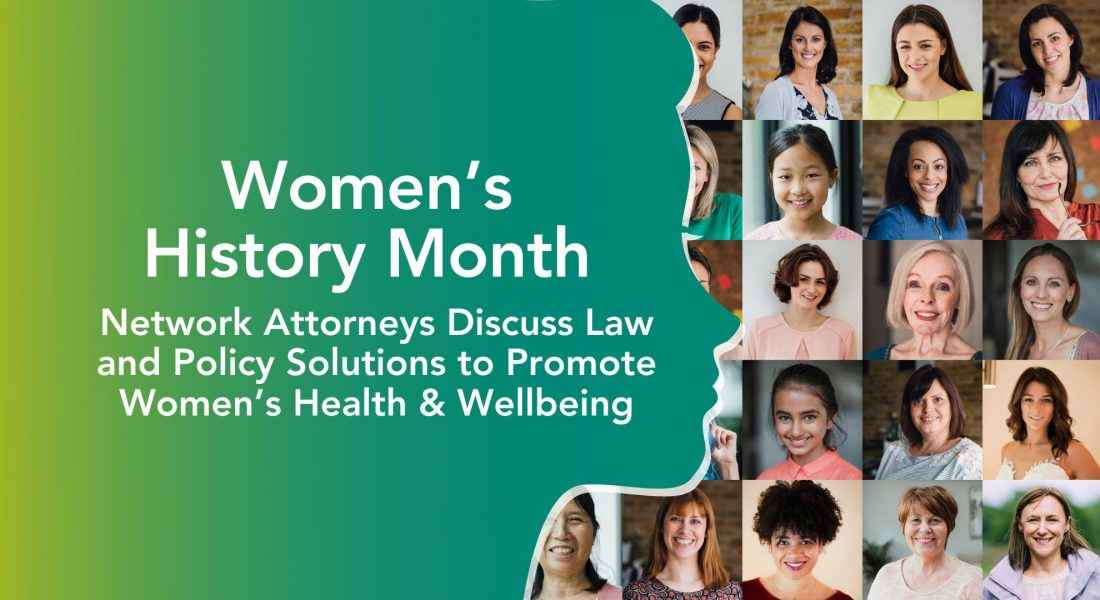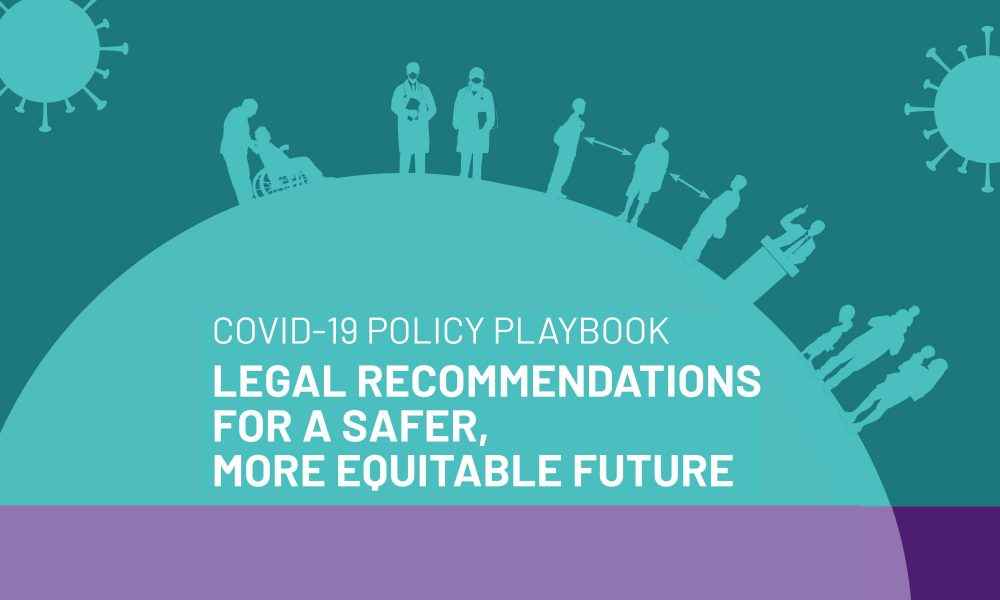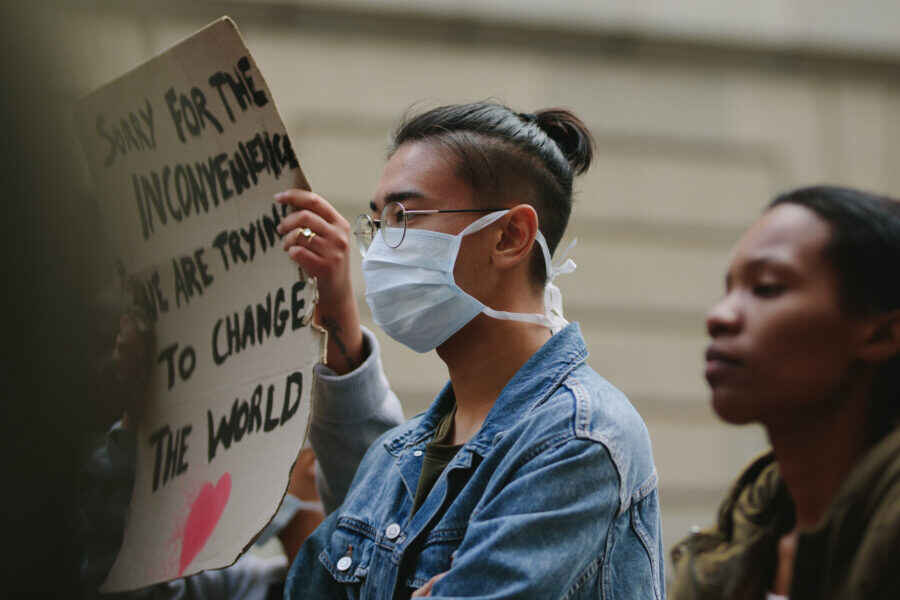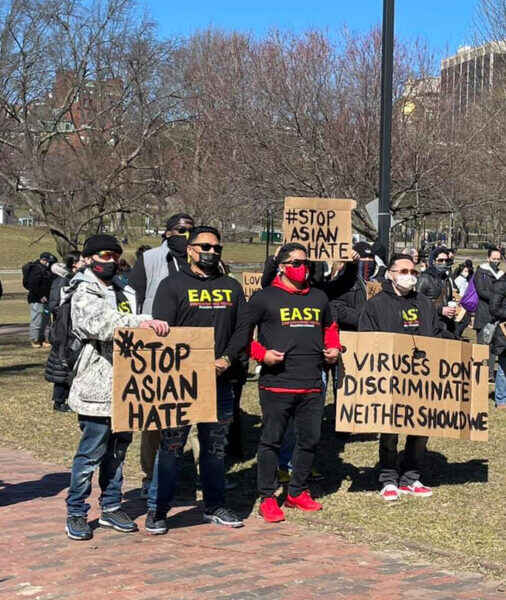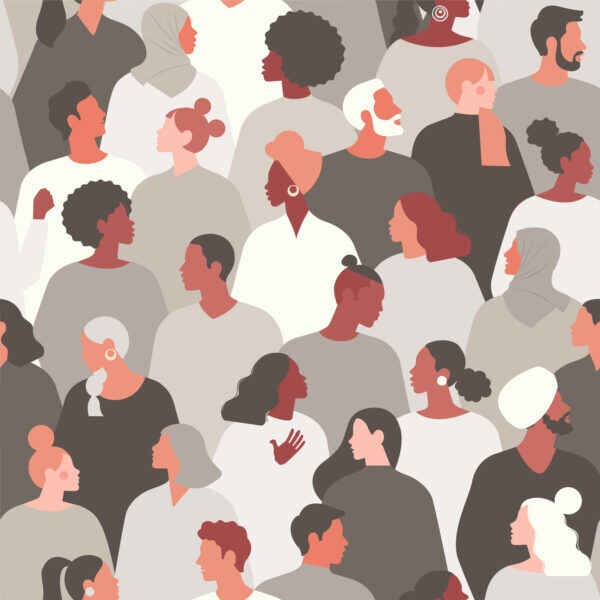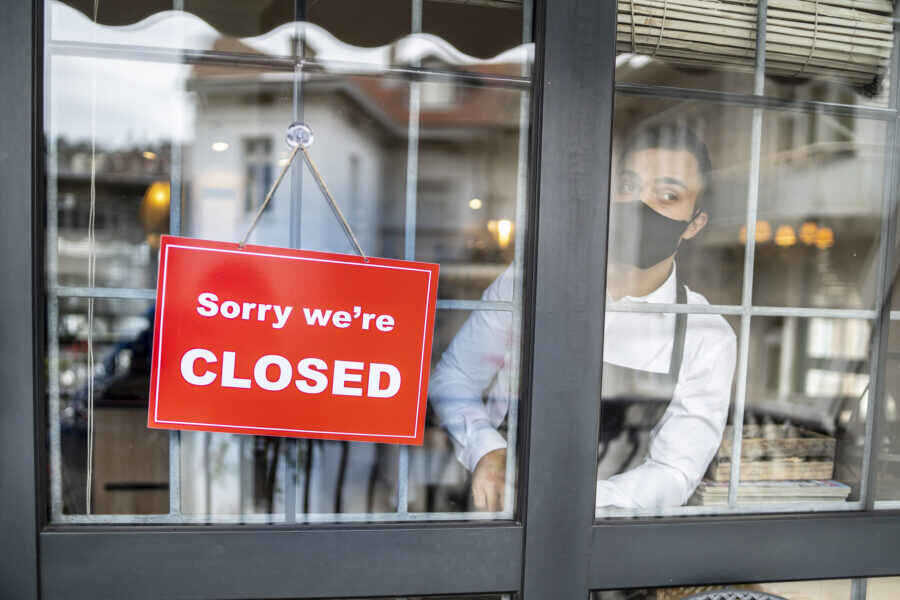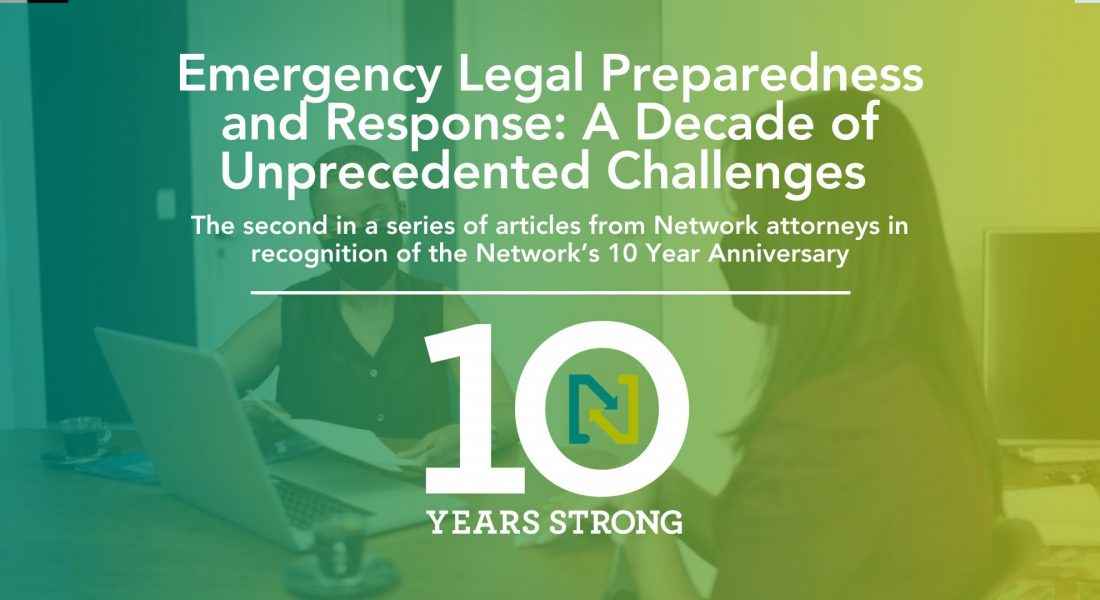
Emergency Legal Preparedness and Response: A Decade of Unprecedented Challenges
Law & Policy InsightsEmergency Legal Preparedness and ResponseFrom the inception of the Network for Public Health Law in September 2010, emergency legal preparedness and response issues have been a significant component of its mission and objectives. By the end of the decade, public health emergency laws and policies would completely dominate all of society globally.


